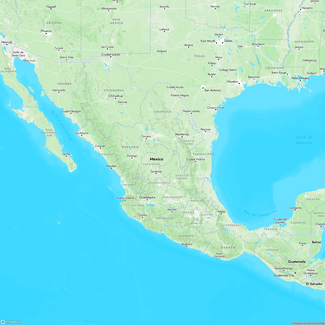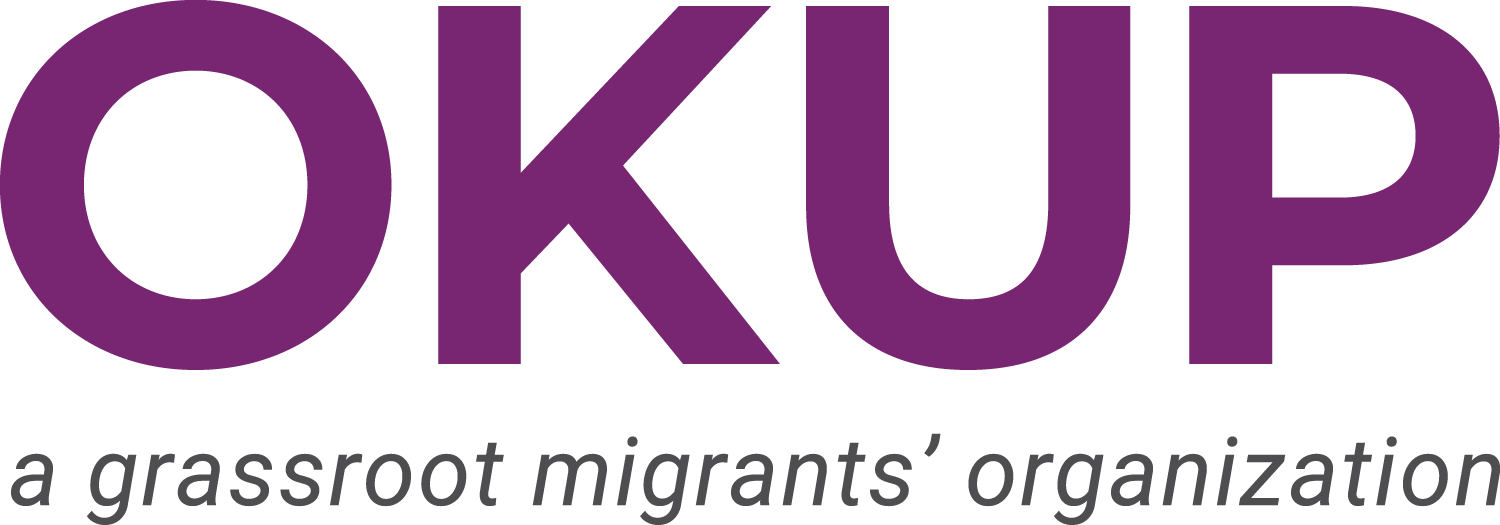Mexico's submission presents a wide range of legal and policy measures addressing climate change and human trafficking. They recognise that human trafficking in the context of climate change is a particular threat to those people most likely to experience discrimination and that certain population groups, such as indigenous peoples, women and girls, and people with disabilities, are especially exposed. Climate change and vulnerability to modern slavery are also worsened by extractive business activities.

Mexico
Mexico is facing a range of climate impacts, including warming temperatures, sea level rise, soil erosion and crop losses, hurricanes and severe droughts.
This source focuses on droughts resulting from deforestation in the Tarahumara or Rarámuri indigenous community in the north of Mexico.
This has led to food insecurity and health problems, putting pressure on people to migrate to urban areas and making them more vulnerable to human trafficking. Women and girls are particularly vulnerable to modern slavery in this context due to gender inequality, which also manifests in lower education levels and labour market exclusion.
The Tarahumara community depends on renewable natural resources. Its people live in areas affected by a range of climate impacts. The community also faces racism, discrimination and a lack of recognition of its ancestral and land rights, all of which increase community members’ vulnerability to human trafficking. Mexico’s law on climate change recognises the importance of respecting human rights in climate action. The government has also developed initiatives to collect data on discrimination in the country.


